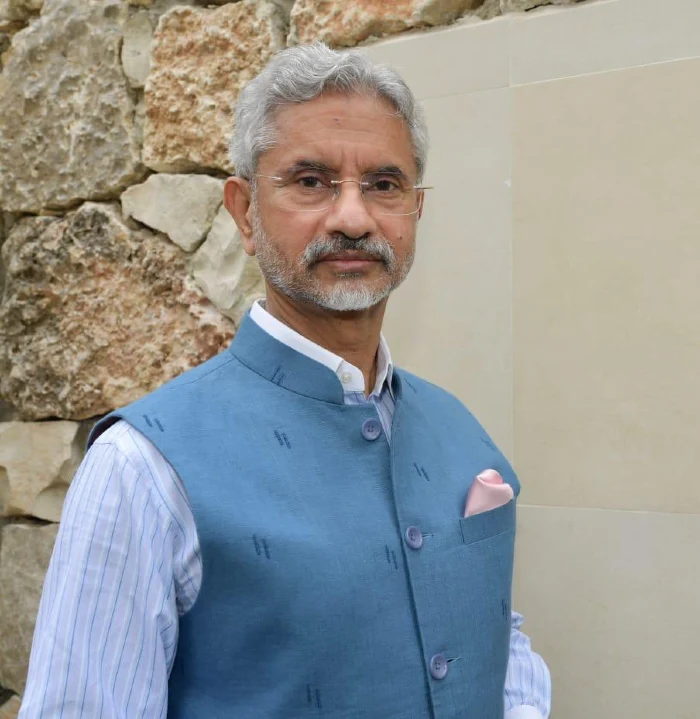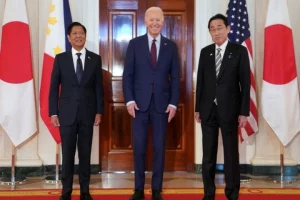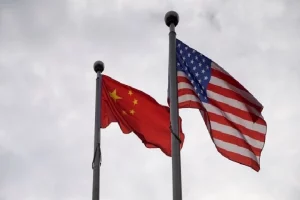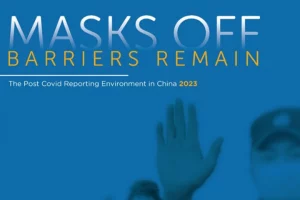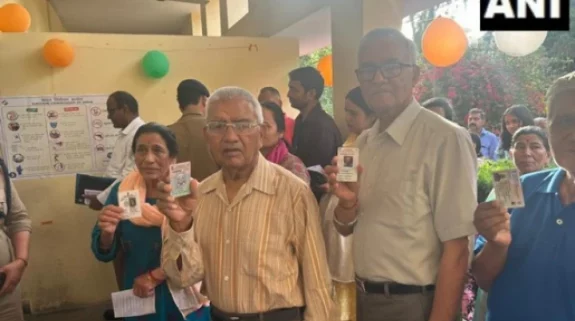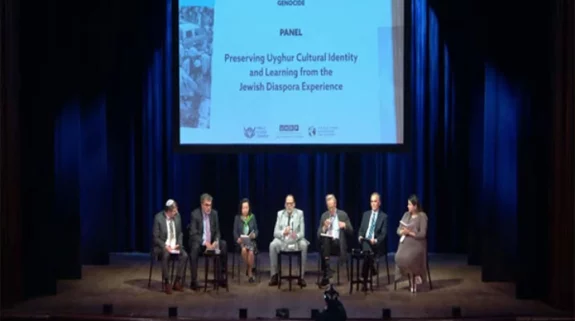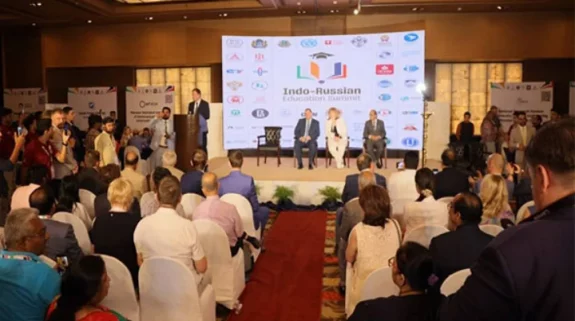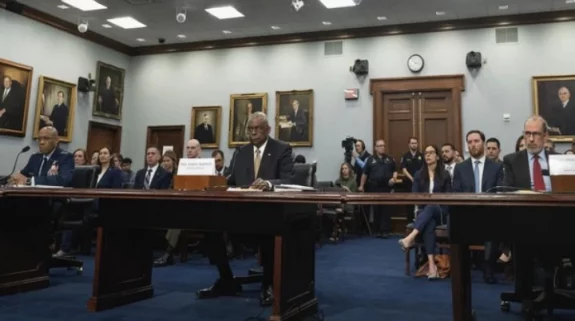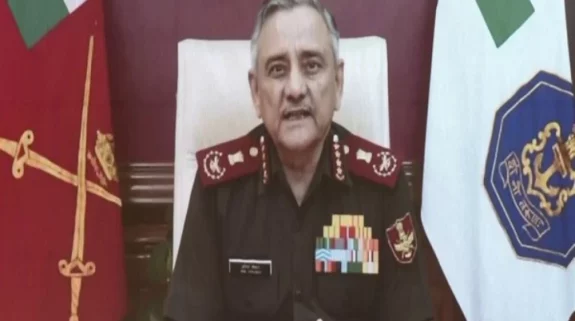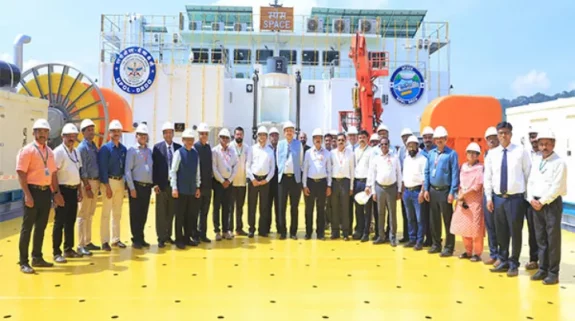India today laid down the ground rules of connectivity, which should be based on consultations and transparency.
Addressing the 20th Meeting of SCO Council of Heads of Government (CHG) virtually on Thursday, External Affairs Minister S Jaishankar reiterated India's belief that greater connectivity is an economic force-multiplier which has acquired greater salience in the post-Covid era.
"However, any serious connectivity initiative must be consultative, transparent and participatory. It must conform to the most basic principle of international law – respect for sovereignty and territorial integrity," the minister said indirectly pointing towards China's controversial Belt and Road Initiative (BRI).
The meeting, chaired by Kazakhstan, was attended by the leaders of the SCO Member States, Observer States, Secretary General of the SCO, Executive Director of the SCO Regional Anti-Terrorist Structure (RATS), Turkmenistan and other invited guests.
Jaishankar informed the SCO members that India has been taking steps to operationalize the Chabahar port in Iran to provide a secure and commercially viable access to the sea for Central Asian countries.
Reaffirming India's commitment to cooperate, plan, invest and build physical and digital connectivity in the SCO region, he also spoke on the proposal to include the Chabahar port in the framework of International North-South Transport Corridor (INSTC).
Jaishankar also underlined that India is an emerging economic force at the global level despite the economic devastation caused by Covid-19. In his address, he mentioned that India's agile response in fighting the pandemic and ensuring economic stability has been noteworthy.
"The International Monetary Fund (IMF) has forecast a 9.5% growth in the Indian economy in 2021. Our trade performance has also been strong, growing by more than 20% this year. Despite Covid, India attracted record FDI inflows of $77 billion in 2020-21 and another $22 billion in the first three months of this year," he mentioned.
He also drew attention to the challenges emanating from the impact of the ongoing Covid-19 pandemic and outlined India’s initiatives to mitigate them.
Highlighting India's initiatives to counter the "biggest existential threat" of climate change, Jaishankar told the virtual gathering that the country ranks fourth in the world in installed renewable energy capacity. He revealed that India's non-fossil fuel energy has increased by more than 25% in the last seven years and has now reached 40% of the country's energy mix.
"Today the world acknowledges that India is among the few large economies that have delivered in letter and spirit on the Paris Agreement. A developing country like India that is working to lift millions out of poverty, has not spared any effort to fulfil its global environment obligations," said the EAM.
As a revolutionary step in solar power, he said, India has co-initiated the International Solar Alliance that now has more than 100 Member States. India has also created the Coalition for Disaster Resilient Infrastructure for climate adaptation.
"Prime Minister Modi's recent call for One Sun: One World: One Grid and Green-Grid Initiatives are expected to lead to the development of a cohesive and robust global grid. India is ready to share its experience in climate change mitigation and adaptation in the SCO format," said Jaishankar.
The minister also spoke on the need for a reformed and invigorated multilateralism to reflect current realities. He highlighted that the socio-political impact of Covid-19 is far from over and has exposed the weakness of global institutions. This, Jaishankar asserted, is the time to bring in much-needed reforms to global institutions, including the WHO, and rework development strategies to face a post-Covid-19 world.
"For this, we need a Reformed and Reinvigorated Multilateralism that reflects today's realities, which gives voice to all stakeholders, addresses contemporary challenges and puts human beings at the centre of our thought and policies," he said.
New Delhi stressed that SCO continues to play a significant role in promoting peace and stability in the region and India remains committed to contributing constructively to the implementation of the mandate of SCO.
Without naming Pakistan, Jaishankar said that it is "unfortunate" that repeated attempts have been made to "deliberately bring bilateral issues" into SCO.
"This violates the well-established principles and norms of SCO Charter. Such acts are counterproductive to the spirit of consensus and cooperation that define this organization and should be condemned," he said.
Also Read: Europe offers Central Asia new connectivity options that counter China's Belt and Road Initiative






